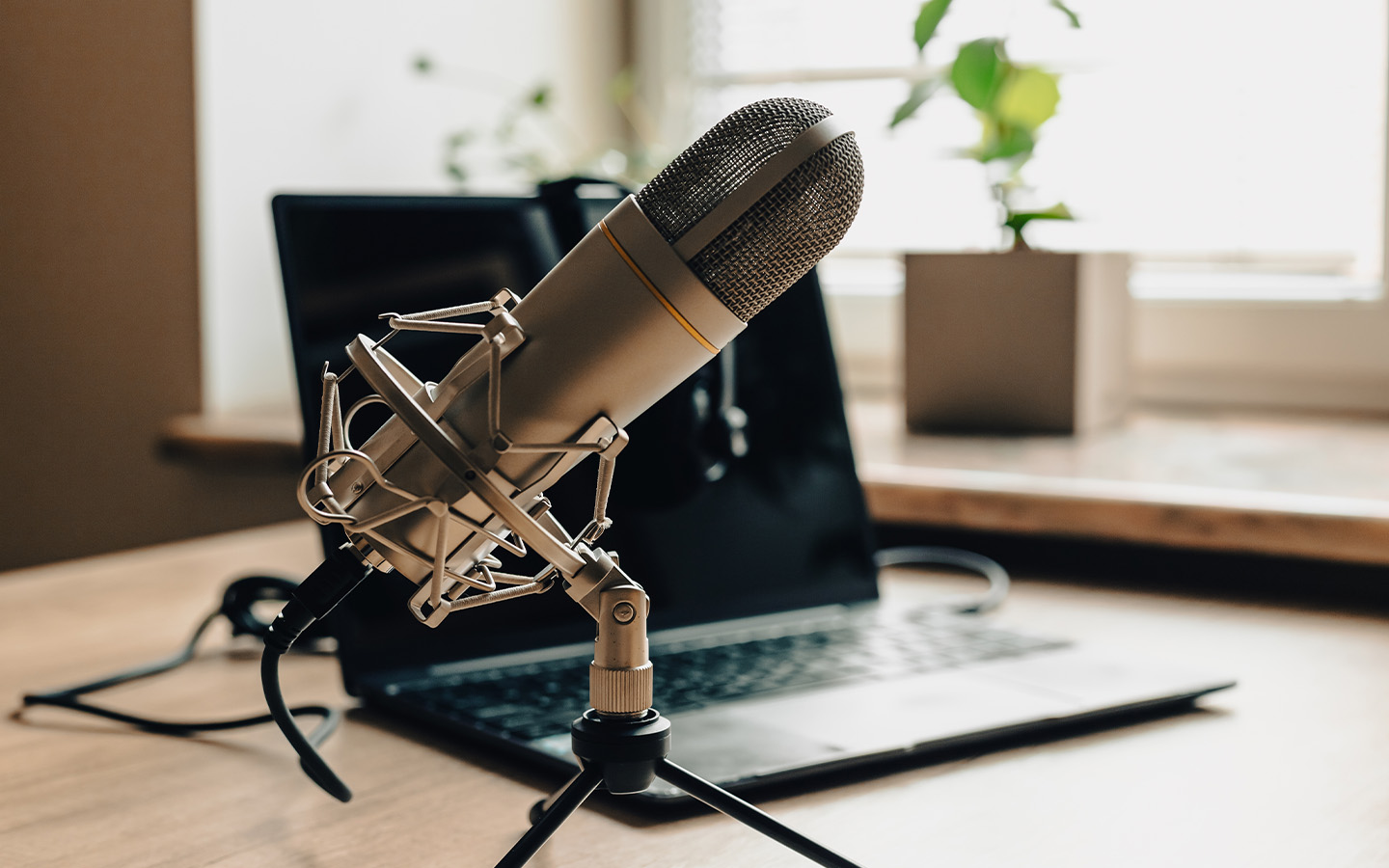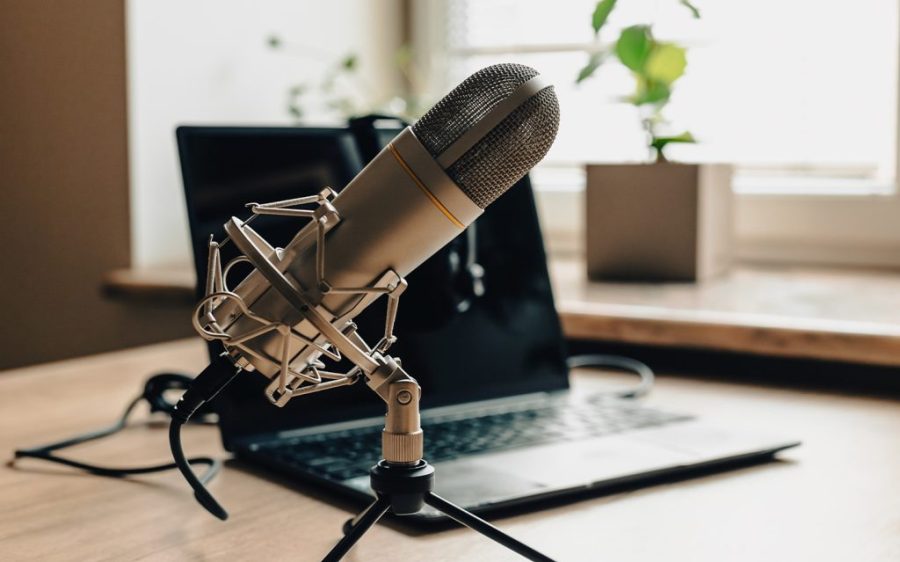AI-generated, mass-produced podcasts with fully virtual hosts are threatening to exacerbate the economic challenges increasingly faced by human content creators, reports news agency AFP.
More than half a billion people listened to podcasts in 2025, a figure that podcast recording platform Riverside expects to increase by around 33 million in 2026. With high engagement, particularly among younger audiences, it’s no wonder AI companies are eager to break into the podcast market, expected to be worth US$17.59 billion by 2030.
Google launched the first mass-market podcast generator last year, Audio Overviews making it free and easy for anyone with a Google account to generate audio content from as many as 50 source documents. Startups like ElevenLabs and Wondercraft quickly followed. Jeanine Wright, former COO of Amazon podcast division Wondery and founder of Inception Point AI, told AFP that her eight-person team at Inception turns out around 3,000 podcasts a week using AI.
The immediate goal is to play the volume game, she explained, an easy task when each episode costs just a US dollar to produce. Such staggeringly low overhead means just 20 listens is enough to turn a profit, while the threshold for selling advertising space – previously set at several thousand downloads – has been lowered.
[See more: Google’s new AI tools are a major threat to journalism, news publishers say]
Podcasts have always benefited from their ability to target niche audiences and with AI, producers like Inception can create “hyper-niche” podcasts. Wright gave AFP the example of a show on pollen counts in a specific city, which can attract antihistamine advertisers even if it only pulls in a few dozen listeners.
The expected glut of AI-generated content will not only make it harder for human podcasters to bring in new listeners and develop strong followings, it will likely also cut into their advertising revenue. “If someone can make 17 cents per episode, and then suddenly they make 100,000 episodes, that 17 cents is going to add up,” warned Nate DiMeo, creator and host of the Peabody Award-nominated podcast The Memory Palace.
DiMeo is sceptical about mass adoption of AI podcasts, but fears the oncoming wave may wipe out many programmes already struggling to stay afloat. Where Wright characterised AI-generated content as merely a different genre of equal value, likening it to animation versus live action, DiMeo disagreed.
Podcasting, he argued to AFP, is fundamentally about wanting to connect “with some other human consciousness” through an audio medium. “Without that, I find there’s less reason to listen.”






